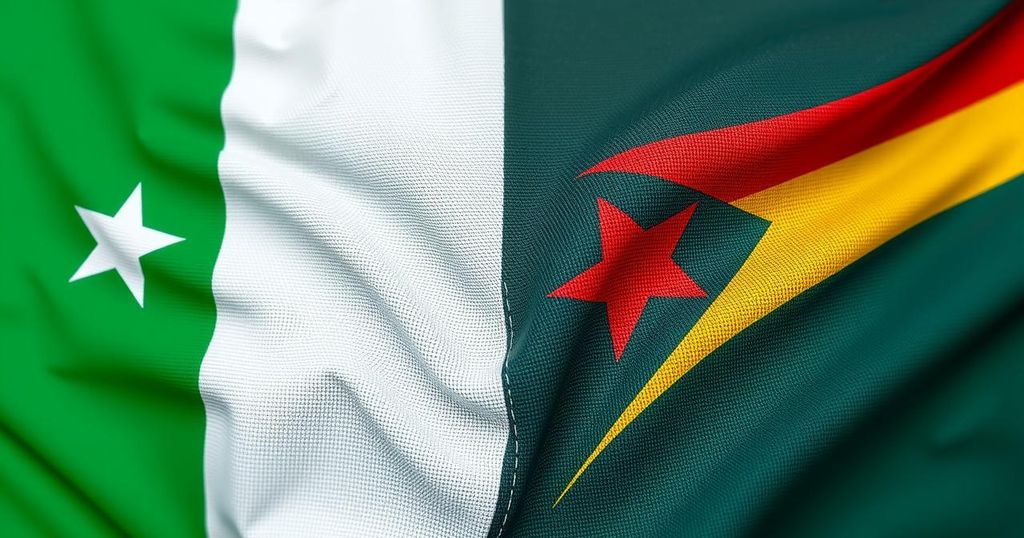Djibouti is seeking support from Zimbabwe for its candidate Mahmoud Ali Youssef for the African Union Commission chairmanship. During a meeting, President Mnangagwa assured his backing, highlighting Youssef’s extensive experience as a Foreign Affairs Minister. Four candidates including Youssef are competing for the position following the AU’s decision to allow Eastern Africa to nominate the next chairperson, part of a reform process enhancing leadership selection transparency and regional representation.
On [Insert Date], President Emmerson Mnangagwa of Zimbabwe held discussions with a special envoy from Djibouti, Foreign Affairs Minister Mahmoud Ali Youssef, who is contending for the role of Chairperson of the African Union Commission. The meeting, which took place at the State House in Harare, aimed to rally support for Minister Youssef’s candidacy ahead of the elections slated for next year in Addis Ababa. Djibouti’s Minister of Housing and Urban Affairs, Amina Abidi Aden, conveyed the message from President Ismaïl Omar Guelleh, emphasizing the importance of Zimbabwe’s backing. Minister Aden highlighted that President Mnangagwa expressed his support for Minister Youssef, underscoring the candidate’s extensive experience accumulated over two decades in the foreign affairs sector. “Djibouti’s candidate has the requisite experience to lead the African Union Commission and to implement Agenda 2063 programme of the African Commission and we hope that we will get the support of Zimbabwe,” she remarked. Minister Youssef is among four candidates including Raila Odinga of Kenya, Fawzia Yusuf Adam of Somalia, and former Seychelles Vice President Vincent Meriton, competing for the chairmanship. The African Union’s decision in March to allow Eastern Africa to nominate the next chair culminates a set of institutional reforms initiated in November 2018, aimed at enhancing transparency and ensuring equitable representation within the AU leadership structure.
The African Union (AU) Commission plays an essential role in advancing the continent’s agendas and ensuring regional cooperation. In a significant development, the AU Assembly in March recognized Eastern Africa’s opportunity to nominate the next chairperson, a decision rooted in a broader strategy to reform and increase transparency within the organization’s leadership selection process. The selection emphasizes gender parity, regional representation, and overall meritocracy. Minister Mahmoud Ali Youssef’s candidacy represents Djibouti’s ambitions on the continental stage, underscoring the importance of garnering support from other member states like Zimbabwe for successful candidacy.
In conclusion, the meeting between President Mnangagwa and Djibouti’s special envoy signifies Zimbabwe’s crucial role in supporting candidates within the framework of the African Union Commission. As Djibouti shapes its candidacy through Minister Youssef’s experienced profile, the broader context of the AU’s reform initiatives and the emphasis on equitable regional representation are pivotal themes in this electoral contest. The outcome will not only reflect on individual nations but also impact the overall governance and strategic direction of the African Union going forward.
Original Source: www.chronicle.co.zw






